|
|
| |
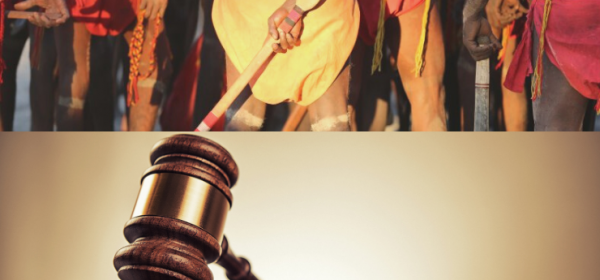
Yow! Na Mirr! Hello, How are you!
In the last issue we were in the middle of the coronavirus pandemic, talking about that and other health issues faced by communities in north-east Arnhem Land. This time, the US election has taken up much of the news, and we have been busy creating podcasts and articles on law and governance on our Djambatjmarram website.
In these podcasts (see 88 and 92), Richard Trudgen and our researcher and co-producer, Maratja Dhamarrandji, discuss the meaning of evidence from a Balanda perspective. There is little understanding between Yolngu and Balanda systems of law and many Yolngu want to know what the Balanda court sees as ‘real evidence’. This may seem to be a strange question, however, there is so much confusion around this for Yolngu because what is given as evidence in court cases around land ownership issues relating to their estates, is driven by Balanda lawyers. Rather than the knowledge Yolngu have in relation to who they know to be the landowners or the yirralka estate owners.
Rev. Dr. Djiniyini Gondarra OAM (see podcast 89) talks about this ongoing battle. Some Balanda suggest that Yolngu law is all made up, and many Yolngu believe that Balanda law is also made up in somebody’s head and that it has no djalkirri (source). Rev. Djiniyini and two other Yolngu produced a paper at a conference to explain Yolngu traditional system of law. There were one hundred judges and other legal people present from all states and territories across Australia who were surprised to see the contents of the paper and asked, ‘why haven’t we seen this before?’ ‘Why is the Yolngu system of law not seen alongside the contemporary system of Australian law?’ They could see that it was not just made up in Yolngu minds and that it was there to produce peace, order and good government, and to be consistent to the source law and assented to by the people. Only when there is ever a true government who wants to recognise Yolngu law, will things change.
Read more...
|
|
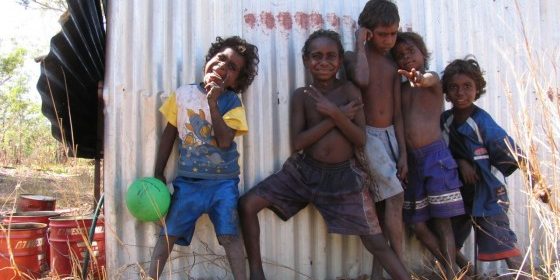
Save our kids – use the carrot not the stick!
According to the ABC (article released on 22/10/20), only a third of Indigenous children attend school on most days – a shocking figure that has not improved in five years. This comes on top of more than a decade of failed education programs, including closing down bilingual schooling and requiring Indigenous children to speak only in English, followed by an imported American curricula of direct instruction, topped off with the Federal government appointed truancy officers tasked with forcing kids to class. All this has done is alienate Indigenous communities and push the attendance rates of First Nations Australian children to the lowest levels ever obtained.
“Do something about equipping teachers who come into the classroom of Indigenous kids, with language, and you’ll see immediate results within one or two years. With attendance at that school, and the outcomes of those kids. Because we need to learn Australian to speak to Australians.”
Read more from Richard Trudgen in an editorial on adequately preparing teachers here.
Read our media release in response to the ABC article here.
Help us share solutions from the grassroots via practical ways to support Australia’s First Nations through the work of Why Warriors by getting involved.
Read more...
|
| |
|
| |
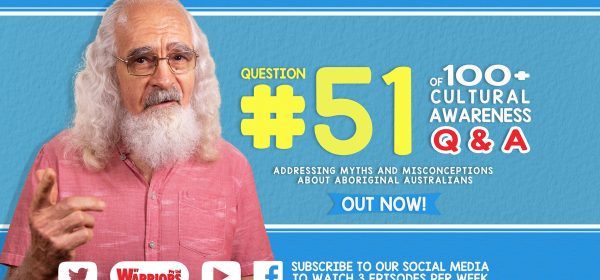
Q&As and the US election!
We are now over halfway through our infamous 100 Q&A series! These videos tackle ordinary, intriguing and uncomfortable questions that are often asked about Aboriginal society.
In number 51, in the midst of the US election, we looked at community builders and the secret to strengthening and keeping people moving forward together. President Obama was trained as a community organiser, which used to be a vital role in Indigenous communities, because when people are trained in community development and communication, they learn the language, and then together with the people, they look for answers.
One of the main activities that we are involved in daily, is working through the concerns and problems of Yolngu people in north-east Arnhem Land. Sometimes there are government initiatives hoping to solve the problems of Indigenous youth or something else. And getting the community to see that the answers are not going to come from the outside is important. They have a massive role to play.
Community organisers work with the adults for them to get answers. Not taking kids and sponsoring them off to schools in the south – where they go away, stay away, grow away. Those kids come back as broken people in those cases. They try and build a whole community, grow the whole community up, educate the whole community up; this is the way we should be moving forward, to really solve the issues of communities.
“There are too many outside influences taking kids away,” says Dianne Biritjalawu (‘Beja’) Gondarra, a Yolngu leader from Elcho Island. “They have to be educated in the creator space, where they come from. Before they can ever think about walking across to the other world. So they can walk back and forth on that bridge. Yolngu respecting their side first so when they walk across they can walk with respect.”
Listen to our full archive of Q&As so far here. Visit the full article on Q&A no. 51 on our website here.
|
|
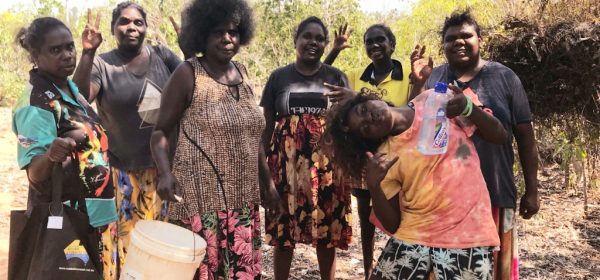
Hope for Health update
In the last few months, the Hope for Health staff team and steering committee have been engaged in Health education and Health Coach training, aimed at strengthening our key health messages in community and developing the skills and capacity of the local team.
Hope for Health staff member Joshua, talks of a recent Hope for Health hunting trip to Rogers Creek on Elcho Island. Hunting for traditional foods is vital way of life for Yolngu people in East Arnhem Land, providing families with nutrient dense, whole foods and is part of the Hope for Health program delivery in community.
“Rogers Creek is a good spot for mud muscles and Bunybu. We walked a long way,” says Joshua. “We walked through mangroves and swamps that was hard work. We were digging for bush foods and carrying that food for a long way was hard work. We stopped a lot and drank lots of Gapu (water)”.
The group also came upon a tree with bees flying from it. It was the season for Guku (honey). The group smoked the tree to remove the bees and used an axe to cut into the tree to reveal the bee’s eggs and fresh honey. A real treat to enjoy that Guku!
In recent weeks, Hope for Health staff have met with Minister Wyatt, the Federal Minister for Indigenous Affairs and others in the Federal Government, as they continue to seek urgent funds to enable the program to continue.
If you would like to donate to ongoing Hope for Health programs or learn more about these initiatives, please visit: https://hopeforhealth.com.au/Donate
|
| |
|
| |
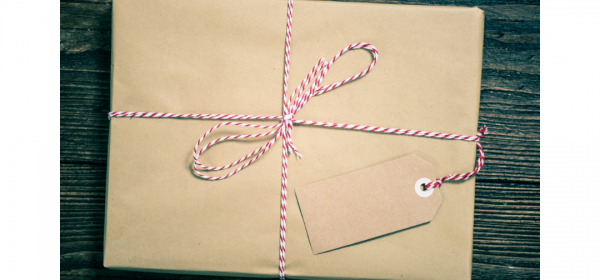
Need some great Christmas gift book ideas?
- Basic Parameters of Yolŋu Law and Governance
This 43-page book is a real game changer. Anyone wanting to know about Traditional Aboriginal Law or just get a glimpse of one of the beautifully complex democratic codes of law and practice that have been part of this country for at least 60,000 years, this is the read for you.
- Why Warriors Lay Down and Die
Sale on our box set of 16 books! (was $333, now $288!) Do you have staff/ students, family members/ friends who would greatly enjoy this essential reading for anyone interested in Indigenous peoples?
French translated edition coming soon! Contact keira@whywarriors.com.au for more information if interested.
- The Illustrated Handbook of Yolŋu Sign Language of North East Arnhem Land
This beautiful hard cover book explains, illustrates and teaches YSL. It covers the vocabulary, alphabet and grammar, with captions and text in Yolŋu and in English. It’s an easy to use and beautiful full-colour guide
- The Memory Code, by Lynne Kelly. This book uses traditional Aboriginal Australian songlines as the key to identifying the powerful memory technique used by indigenous people around the world.
|
| |
|
| |
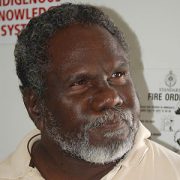
|
|
Maratja Dhamarrandji is a Djambarrpuyŋu man who lives at Galiwin’ku in the NT. He has devoted his life to linguistics and regularly works as a bi-cultural consultant delivering cross-cultural training, translating, and interpreting. He works across a wide range of subject areas including government and court interpreting. But Maratja’s most important and influential training has come from Yolngu Madayin law.
Maratja has played a key role in producing and developing content for our recent law podcast series on Djambatjmarram.
|
| |
|
















